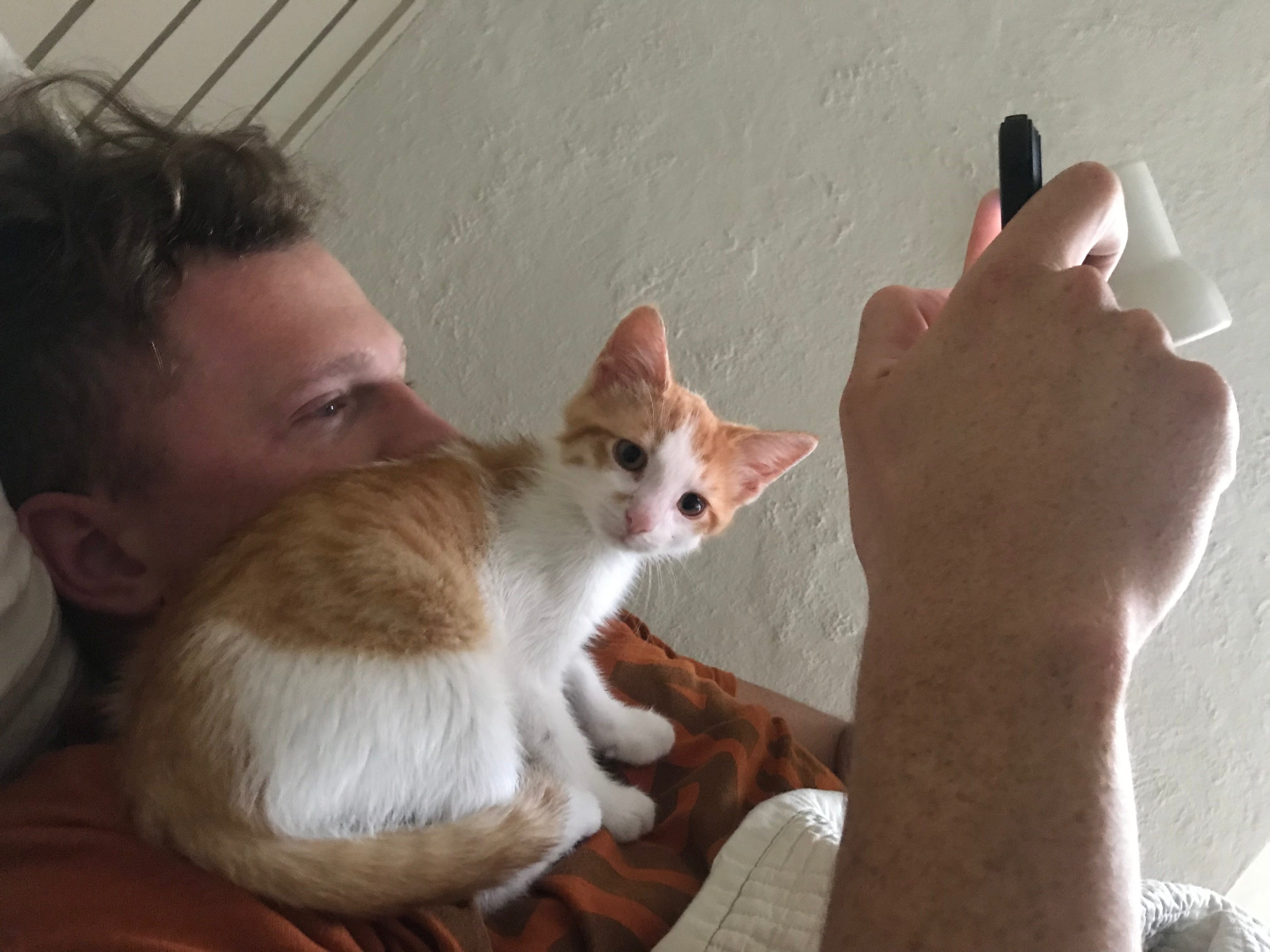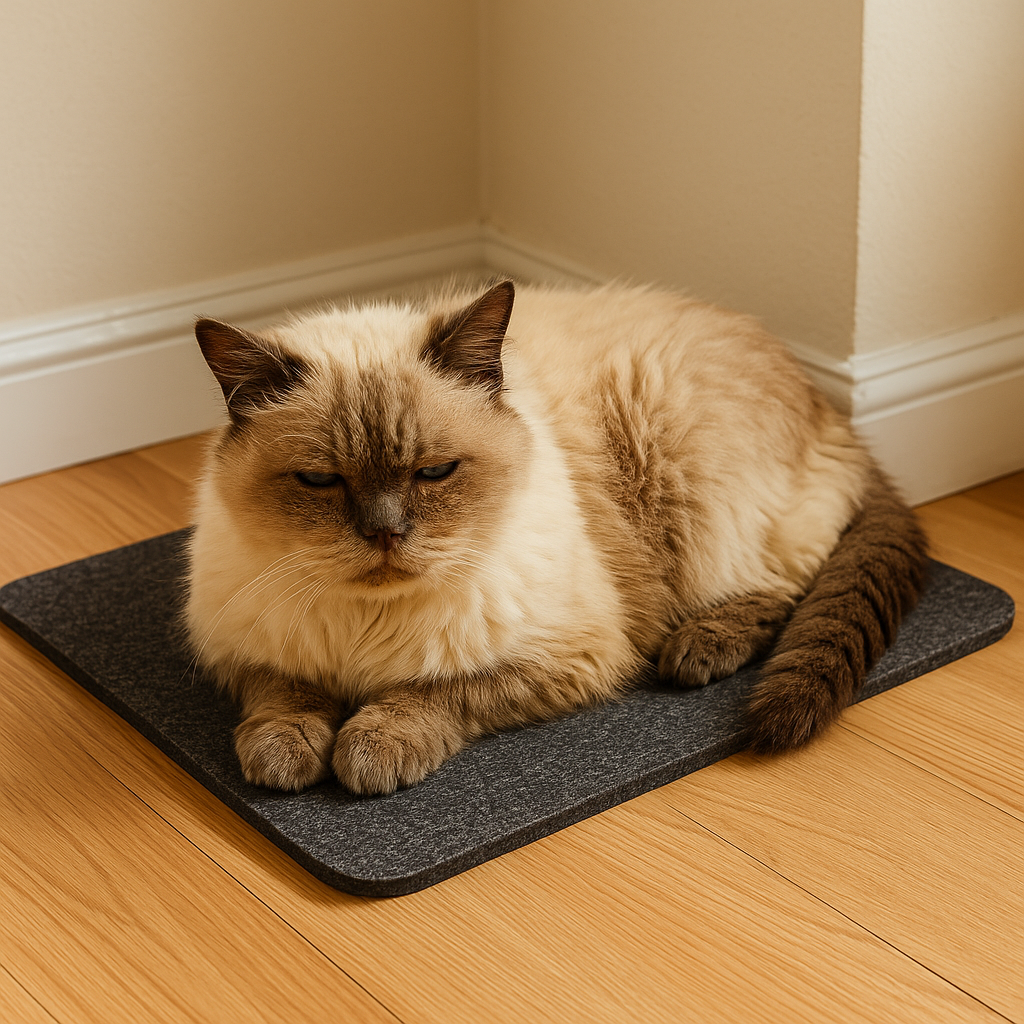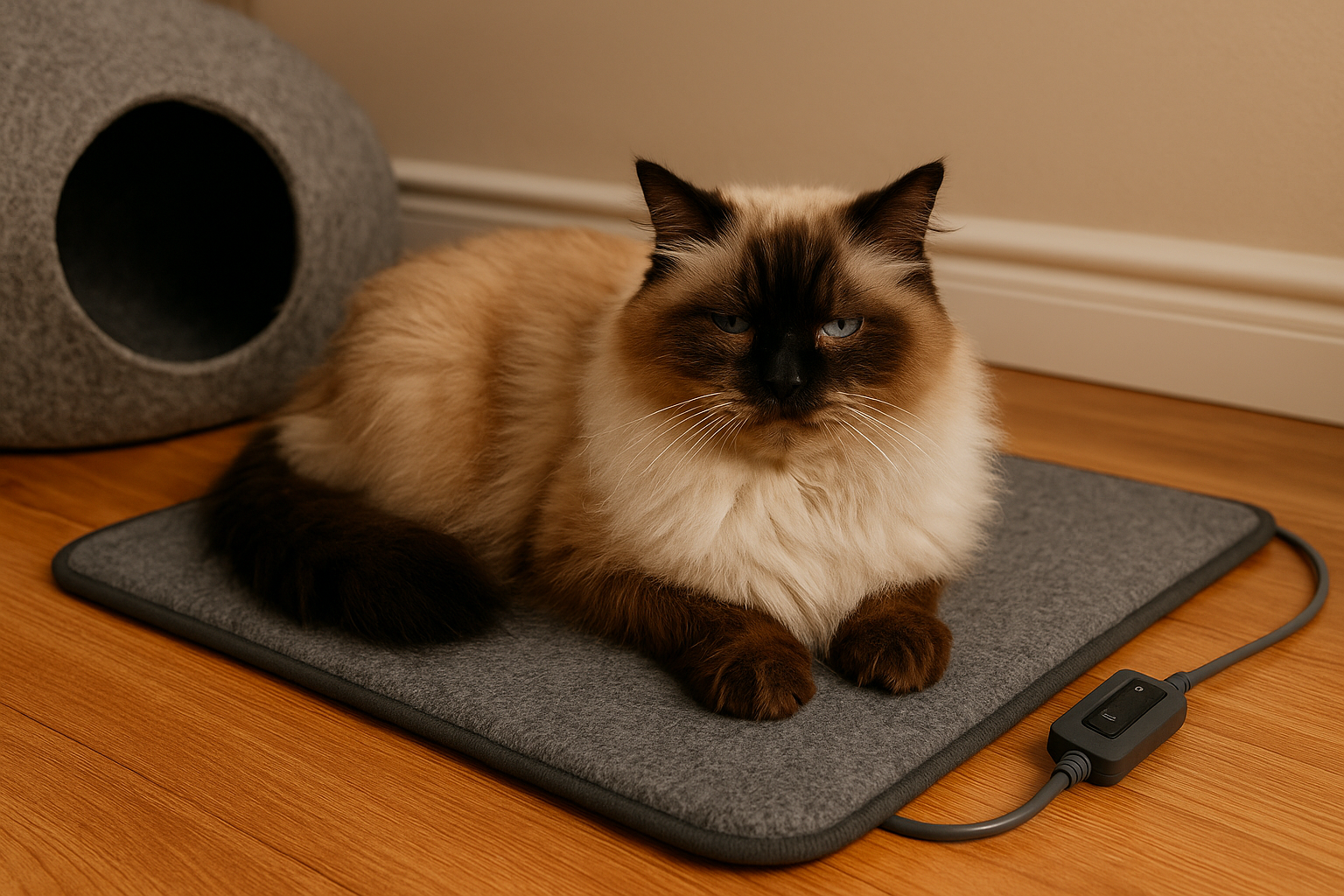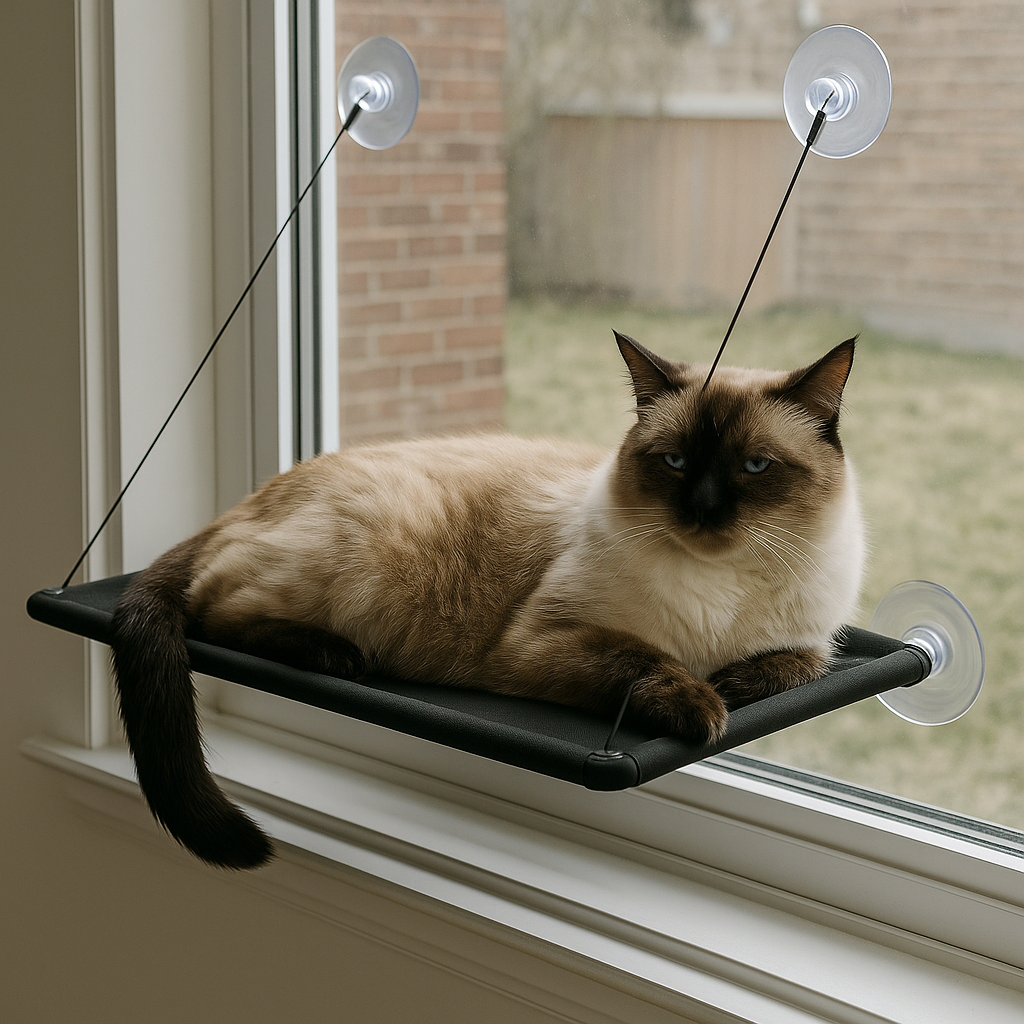The Complete Guide to Your Cat’s Life Stages: Kitten to Senior 2025 🐾
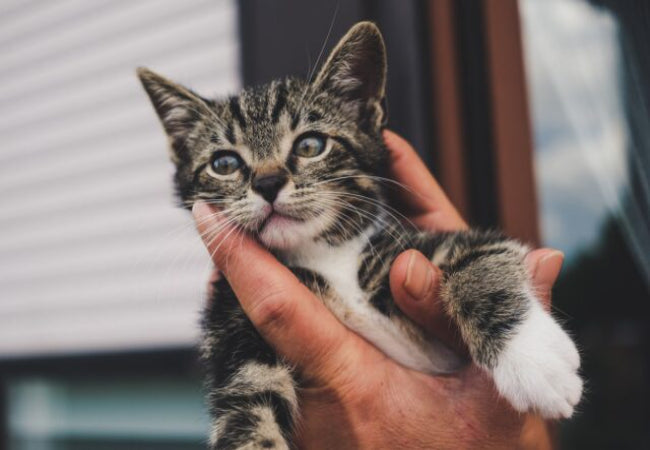
In this article
The Complete Guide to Your Cat’s Life Stages: Kitten to Senior 2025 🐾
By Dr. Duncan Houston BVSc
Understanding your cat's life stages, from adorable kitten to distinguished elder, is essential for every cat parent. Each stage comes with unique needs for nutrition, healthcare, and enrichment. By appreciating these stages and adapting your care accordingly, you can ensure your feline companion enjoys a happy, healthy, and purr-filled life. Whether you're a seasoned cat owner or new to feline companionship, this guide will walk you through the journey of your cat’s life, stage by stage.
🐱 Kittenhood: Birth to 6 Months
Kittens bring boundless curiosity and energy. At this stage, their primary focus is exploring the world, learning to socialize, and mastering basic skills.
-
Veterinary care: Initial vet visits are vital for vaccinations, parasite control, and wellness checks.
-
Nutrition: Feed a high-quality, kitten-specific diet rich in protein, fats, and essential nutrients like DHA for brain and eye development.
-
Training & bonding: Begin litter box training early, encourage gentle play, and expose your kitten to new environments and people to build confidence.
-
Play & enrichment: Interactive toys, scratching posts, and climbing structures will keep your kitten engaged and help channel their energy positively.
🐾 Junior Stage: 6 Months to 2 Years
This stage is the feline equivalent of human adolescence. Your cat will continue growing physically while developing adult behaviors.
-
Spaying or neutering: If not already done, this is the ideal window to prevent unwanted litters and reduce behavioral issues.
-
Dental care: Start introducing brushing or dental chews to support long-term oral health.
-
Behavior: Expect testing of boundaries—scratching, climbing, and marking. Gentle training and redirection work best.
-
Nutrition: Transition gradually from kitten food to high-quality adult cat food around 12 months of age.
🐈 Prime Stage: 2 to 6 Years
This is the healthiest and most active phase of your cat’s life. They are fully grown, playful, and at their peak physical condition.
-
Routine: Establish consistent feeding times, exercise sessions, and grooming.
-
Mental stimulation: Puzzle feeders, play sessions, and even leash training can help keep your cat sharp and satisfied.
-
Health checks: Annual vet visits are usually sufficient, but keep an eye out for weight gain—indoor cats are prone to obesity.
-
Bonding: This is the best time to build lasting routines that strengthen your relationship.
🐾 Mature Stage: 7 to 10 Years
Cats are now middle-aged. Subtle changes in metabolism and behavior often emerge.
-
Preventive health care: Schedule more comprehensive vet visits, including bloodwork, dental exams, and early screenings for kidney or thyroid issues.
-
Nutrition: Adjust portions to prevent weight gain. Consider foods tailored to mature cats with added fiber and joint-supporting nutrients.
-
Enrichment: Maintain physical activity with interactive toys and climbing opportunities. Regular play combats cognitive decline.
-
Grooming: Some cats may need help keeping their coats tangle-free as flexibility decreases.
🐱 Senior Stage: 11 to 14 Years
Your cat has officially entered their senior years. They may slow down, but they still thrive with the right support.
-
Dietary needs: Senior cat foods often contain higher-quality protein, reduced calories, and supplements like glucosamine and omega-3 fatty acids.
-
Vet care: Visits may now need to occur every 6 months to monitor weight, joints, and organ function.
-
Comfort: Provide soft bedding, easy access to litter boxes, and ramps to favorite spots.
-
Mental well-being: Continue gentle play and social interaction to keep your cat mentally sharp and emotionally content.
🐾 Geriatric Stage: 15+ Years
Cats at this stage are wise elders, requiring extra patience and attentive care.
-
Common health concerns: Arthritis, kidney disease, hyperthyroidism, and dental problems are common.
-
Nutrition: Smaller, more frequent meals may help cats with reduced appetite. Prescription diets may be recommended.
-
Monitoring: Watch closely for changes in litter box use, appetite, and energy. Even subtle shifts may signal health issues.
-
Quality of life: Gentle grooming, warm cozy resting spots, and lots of affection help make this stage as comfortable as possible.
❤️ Final Thoughts
Every stage of your cat’s life is unique, rewarding, and filled with love. By tailoring your care—through nutrition, veterinary attention, play, and comfort—you can ensure your feline companion enjoys the best quality of life possible. From playful kitten to wise elder, your cat depends on you for guidance and care.
Cherish each stage, because every moment you share is part of their extraordinary journey with you.




